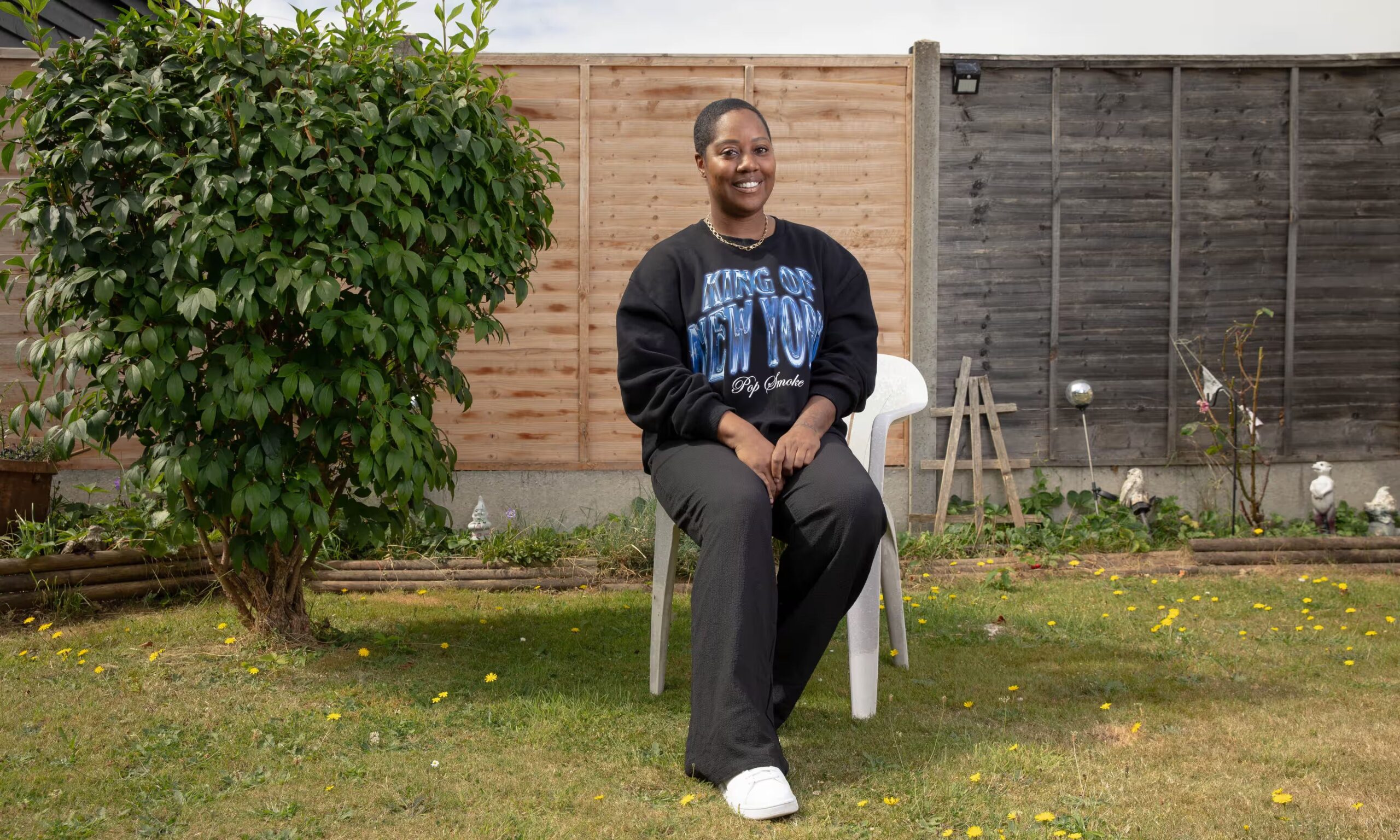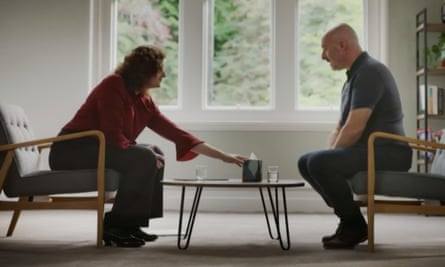 Former Team GB Olympic athlete Sarah Claxton traced her American father through ancestry DNA testing. Photograph: Anselm Ebulue/The Observer
Former Team GB Olympic athlete Sarah Claxton traced her American father through ancestry DNA testing. Photograph: Anselm Ebulue/The Observer
–
Many people want to uncover their ancestry, but – driven by Brexit – others also hope to regain access to the EU
–
Donna Ferguson
–
Some do it to explore their ancestral heritage or an unknown part of their identity. Others are hoping to find parents, siblings and new relatives.
More than 40 million people worldwide are thought to have tested their DNA ancestry via companies such as Ancestry, 23andMe and MyHeritage since the first genetic genealogy test was offered to the public in 2000.
Now, people are using their test results in a new way – to apply for citizenship in other countries, DNA experts say.
Prof Turi King, director of the Milner Centre for Evolution at Bath University, said: “The more people take tests and the more people find out their ancestry and who their biological parents are, the more they can use that evidence to get citizenship of a particular country.”
King, who also presents the BBC show DNA Family Secrets, thinks ancestry DNA testing will become an easy and more widespread way for some Britons to gain dual citizenship in the future. “This will only grow,” she said.
She said that Irish passports, with membership of the EU, would probably be among the most coveted. For decades, unmarried Irish mothers were coerced into giving up their children for adoption in Britain.
A spokesperson for Ireland’s Department of Foreign Affairs confirmed would-be Irish citizens have already started using DNA evidence to help prove they are entitled to Irish citizenship through a parent, and that this evidence is submissible in passport applications.
–
Richard Sayers, who appeared on DNA Family Secrets in 2022, is among the first Britons to have used evidence from a DNA ancestry database to gain EU citizenship. He traced his half-sibling through a DNA test, which revealed the identity of his father – an Irishman born in Galway.
“I went on the programme because I had no idea who my dad was or where he was from: my mum, who has passed away, just made up stories,” said Sayers, who was born and bred in Liverpool and previously thought he was an only child. “I just wanted some answers.”
After the show aired, using his DNA evidence and with his father’s help, he successfully applied to the British courts for a formal declaration of his true parentage in order to rectify his 54-year-old birth certificate last year. This then enabled him to successfully apply for an Irish passport.
“I always had a dream of living abroad when I was older,” said Sayers, a business analyst who voted Remain in 2016. Within weeks of his Irish passport arriving, he and his wife had decided to go on the “adventure of a lifetime”: they sold their house in Formby, Merseyside, and moved to La Manga in Spain in January. “We absolutely love it here.”
Last year, former Team GB Olympian Sarah Claxton, 44, traced her American father through ancestry DNA testing, which linked her to one of his grandchildren. “My mum only had a nickname for my dad,” she said. “When she found out she was pregnant with me, he had already gone back to the States.”
—–
Analysis and opinion on the week’s news and culture brought to you by the best Observer writers
Claxton has Native American ancestry through her father and is planning to rectify her birth certificate with the help of both her parents, so that she can apply for US citizenship and get to know her dad and the rest of her American family better. “I want to get it and maybe live there,” she said.
If the practice of submitting DNA evidence becomes more common, countries may come up with new, more streamlined protocols, King said.
Louisa Ghevaert, a solicitor who specialises in UK fertility and family law, said she is receiving between three and five inquiries a month from people who want legal advice about how to apply to rectify an incomplete or inaccurate birth certificate.
Most have traced their biological parents – usually their fathers – through a DNA ancestry test or are considering doing so. “We’re only going to see more of these applications, because more people are likely to do these tests,” she said.
She said there are three main reasons why her clients want to put the names of their biological parents on their birth certificates. “I’m seeing a split between people with inheritance claims, people with personal identity and heritage as strong drivers, and people who are wanting to try to get citizenship.
“It’s a mixed bag, as one would expect – but I think Brexit has brought into focus, for lots of people, the benefits of having EU citizenship.”
–
Explore more on these topics
- –
- –
- –
- –
- –














